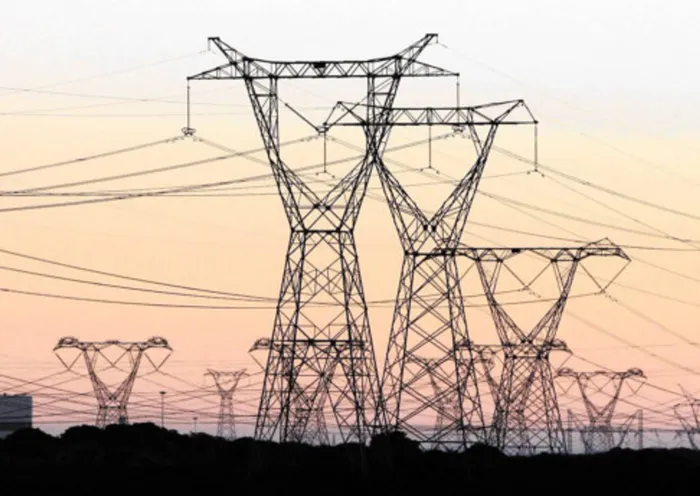
050910 Electricity pylons carry power from Cape Town's Koeberg nuclear power plant July 17, 2009. South Africa will need 20 gigawatts (GW) of new power generation capacity by 2020 and would require double that amount a decade later to meet rising demand, the country's power utility said September 7, 2009. Picture taken July 17, 2009. REUTERS/Mike Hutchings (SOUTH AFRICA ENERGY BUSINESS) 050910 Electricity pylons carry power from Cape Town's Koeberg nuclear power plant July 17, 2009. South Africa will need 20 gigawatts (GW) of new power generation capacity by 2020 and would require double that amount a decade later to meet rising demand, the country's power utility said September 7, 2009. Picture taken July 17, 2009. REUTERS/Mike Hutchings (SOUTH AFRICA ENERGY BUSINESS)
Durban - Durban ratepayers might have to fork out more for electricity as the 8 percent increase tabled in the city’s draft budget is expected to be revised this month.
The eThekwini Municipality’s senior manager for electricity pricing and marketing, Deena Govender, said yesterday that the city was still waiting for Eskom to tell it what it would be paying for the bulk purchase of electricity.
“The 8 percent increase in the draft budget factored in the increase that Eskom was allowed by the National Energy Regulator of South Africa (Nersa). However, Eskom now has to work out how much it is going to charge us,” he said, adding that the municipality would have that figure in the next few weeks and would then have to revise its increase.
Earlier this month, Nersa granted Eskom an 8 percent increase instead of the 16 percent that had been requested.
Eskom said it would detail the tariffs for each category of Eskom customer – residential, municipal, industrial and rural – once it had studied Nersa’s determination on the tariff structure.
Other increases proposed by the city’s draft budget were 6.9 percent for property rates while water costs would rise by 9.5 percent for homes and by 12.5 percent for business premises. Refuse removal and sanitation costs were also set to go up by 6.9 percent.
Lilian Develing of the Combined Ratepayers Association said the electricity increase proposed by the city was high.
“Given the large increases we have had in the previous years, 8 percent is too much. The concern is that the tariff keeps increasing but the services just get shockingly worse.”
In the draft budget, which was tabled on Thursday, the municipality said the city was losing R40m a year because of illegal electricity connections.
“As a means to clamp down on this practice, the municipality conducted covert operations in informal settlements. The municipality has also used protective structures to secure its electricity meters to prevent unauthorised access to the meters.”
The report said a task team had been set up to tackle cable theft and 50 hot spot areas had been detected.
“A total of 44 sub-stations in the city had been identified as ‘hot spots’ for copper theft and the security features of the sub-stations were enhanced with pepper-gas systems being installed.”